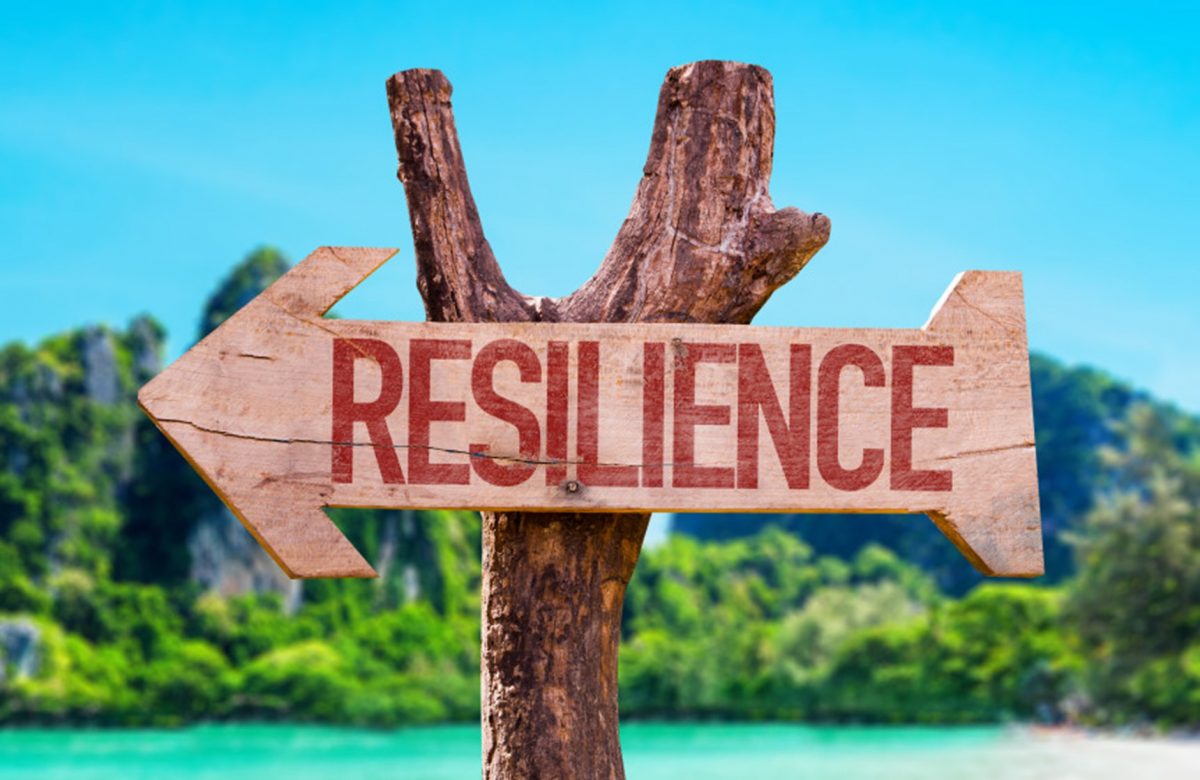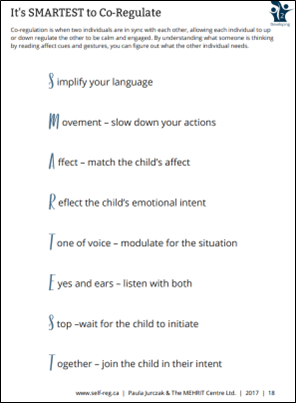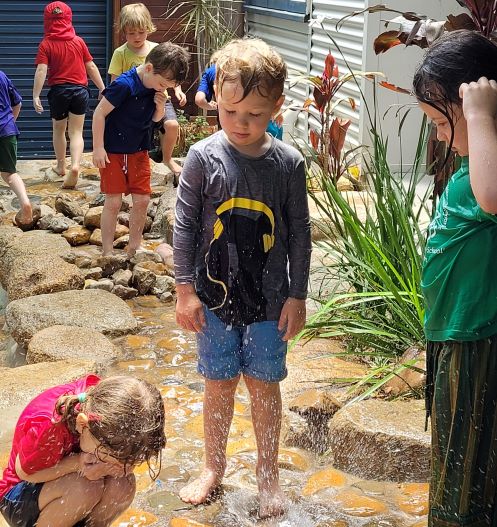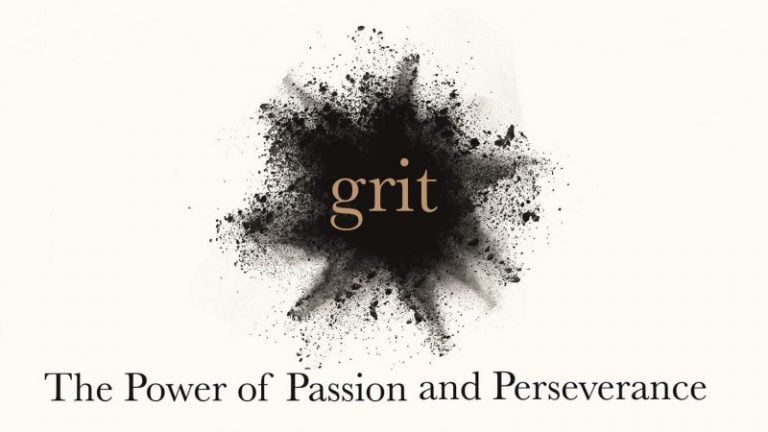
Enough already! Disasters challenge resilience.
March 11, 2022
SELF-REGULATION
May 20, 2022We’re all (MPC staff team) aware that if we’re able to accept the things we can’t change that our well-being will be enhanced, and stress will be reduced, but boy… acceptance is hard!
We drilled down a little further into what we mean by acceptance and how it supports our well-being and thought we would share our thinking with families. Everybody’s well-being is so important.
ACCEPTANCE: what does it mean?
Firstly, letting go of what should be and embrace what is instead. We don’t have to like our current reality however accepting it leads to so much more peace in our lives. It doesn’t mean that we’ve chosen or endorsed what we’re accepting. Rather, we’re choosing to sit with it or sit with it for the moment. Maybe we can make some changes at another time!
Think of the serenity prayer: grant me the serenity, to accept the things I cannot change, the courage to change the things that I can, and the wisdom to know the difference.
It means that we accept that there are times when we have no choice but to sit with tension and that it’s natural to move between feelings of acceptance and resistance. Acceptance is not a sign of apathy or giving up. (E.G. You can accept your emotions and acknowledge their impermanence.)
ACCEPTANCE: what are we accepting and how can we get better at this?
Acceptance of a current feeling of blah across the nation. When I read this article (Apathy Crisis: Why It’s Hard to Care About Anything Anymore | Time) I absolutely loved the naming of my feeling as ‘blah’ and the concept of ‘resilience fatigue’. Weissbourd identifies it as that “steady drizzle that a lot of people are dealing with right now, of helplessness and hopelessness. The feeling that their lives have been really constrained and there’s not much they can do about it.”
Now that my feeling has a name I relate to, I’ think I’m slightly better at accepting the continuing impacts of COVID with uncertainty the key player. Accepting that everyone may be operating at a hyper-level: that we’re all managing day-to-day challenges as best we can. Acceptance of staying in the ’tension’ when problems take time to resolve.
While I’m on a roll with acceptance, let’s broaden it a little. The big one is accepting that parenting is hard and that everyone struggles at times. Another big one is acceptance around differences and neurodiversity. (This will need its own blog!)
Brain research indicates that the more we practise acceptance self-talk, we will create and strengthen neural pathways, making acceptance easier with the next challenge. So, I’m using a few old self-talk mantras: I am enough! Be okay with where you are! Everything passes! Treat yourself as you would treat others, with compassion.
Acceptance, for me, is a work in progress. Clearly there will be plenty of opportunities to practise!





